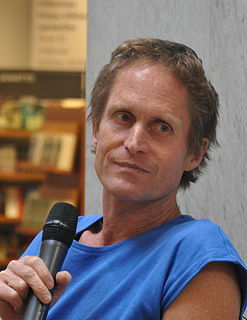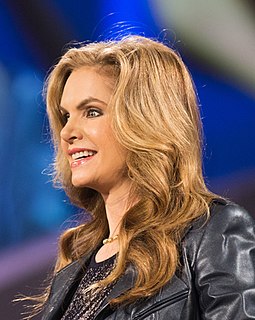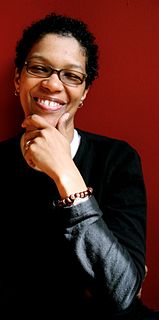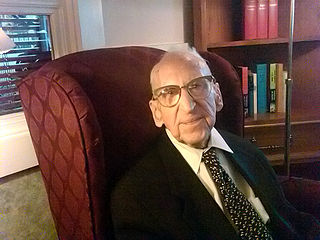A Quote by Peter Høeg
There's a widespread notion that children are open, that the truth about their inner selves just seeps out of them. That's all wrong. No one is more covert than a child, and no one has a greater need to be that way. It's a response to a world that's always using a can opener to open them up to see what's inside, wondering whether it ought to be replaced with a more useful sort of preserves.
Related Quotes
I've always thought of characters like advent calendars. You have Christmas and you have all the little doors over the windows and every day you're allowed to open one more as it gets towards Christmas and you see more and more about what's inside that house.I remember as a kid being fascinated by that and I've always thought of my character as a little bit like that. I like to have secrets and slowly let those secrets out to the audience, sometimes never let them out, but let them see as you open the shutters, open and see a little bit more of a character.
Adults constantly raise the bar on smart children, precisely because they're able to handle it. The children get overwhelmed by the tasks in front of them and gradually lose the sort of openness and sense of accomplishment they innately have. When they're treated like that, children start to crawl inside a shell and keep everything inside. It takes a lot of time and effort to get them to open up again. Kids' hearts are malleable, but once they gel it's hard to get them back the way they were.
. . . I felt that making her one-dimensional would be an insult to the audience, and also not as interesting. All destructive people have an inner side to them, and the more three-dimentional your characters are on screen the more compassion you can open up in an audience . . .. To me, that involves the audience more, it stimulates them and asks more of them.
Coming from a sort of very rigid European type of training to this culture which is just a little more open - a lot more open, and kind of curious, and asking different sorts of questions.Because the problem for me was that the European modernist movement in the '70s was all about right or wrong. Some things were right and you were dealing with the truth, as it were, and then some things were wrong and therefore not allowed.
I think that people all grow up and have their same personalities, but you can say, "Oh, I can see the roots of this personality, which I didn't like, but then you grew up, and I can still see you as that person, but I do really like you now." Which is sort of how I feel about children - I mean, about children who I knew when I was a child and grew up with, and they're still my friends, and children that I know as children who I see growing up, and every year I like them more.
I'd always thought of myself as an open-minded person. I had no patience with anyone who put down other kids because of their race, religion, or sexuality. But that's just one kind of open-mindedness. There's another kind, too, the kind that's willing to see people for who they really are and admit when you were wrong about them. That's the part I still need to work on.
Children are a burden to a mother, but not the way a heavy box is to a mule. Our children weight hard on my heart, and thinking about them growing up honest and healthy, or just living to grow up at all, makes a load in my chest that is bigger than the safe at the bank,and more valuable to me than all the gold inside it.
Making fiction for children, making books for children, isn't something you do for money. It's something you do because what children read and learn and see and take in changes them and forms them, and they make the future. They make the world we're going to wind up in, the world that will be here when we're gone. Which sounds preachy (and is more than you need for a quotebyte) but it's true. I want to tell kids important things, and I want them to love stories and love reading and love finding things out. I want them to be brave and wise. So I write for them.
We ought never to be afraid to repeat an ancient truth, when we feel that we can make it more striking by a neater turn, or bring it alongside of another truth, which may make it clearer, and thereby accumulate evidence. It belongs to the inventive faculty to see clearly the relative state of things, and to be able to place them in connection; but the discoveries of ages gone by belong less to their first authors than to those who make them practically useful to the world.
Our children don't have to have drinking problems. They don't have to go through divorce or live defeated lives. You can be the one to stir them up, shake them up, and tell them there is a champion inside of them just waiting to come out. Tell them God has a plan for their lives, and they are destined to do greater things than we ever thought of doing.... You can decide to be the role model and reverse your whole generational pattern from a bad one to a good one.
You, just as you are, and your life here, right now, are all there is and all you need to know. You don't have to do anything special. Mostly, you have to be open to meeting face to face, and even dancing with, the truth that pertains to your life right now. You have to find a way to collect your fractured pieces, examine them, and the accept them as part of who you are. Spiritual practice is about transformation, but it's also, and more importantly, about working with what is.
Remember that life's length is not measured by its hours and days, but by that which we have done therein. A useless life is short if it lasts a century. There are greater and better things in us all, if we would find them out. There will always be in this world – wrongs. No wrong is really successful. The day will come when light and truth and the just and the good shall be victorious and wrong as evil will be no more forever.





































